Lately, it seems like everyone is jumping on the anti-smoking bandwagon.
Earlier this month, NYC Mayor Mike Bloomberg and the city’s health commissioner, Dr. Thomas Farley, proposed the possibility of a smoking ban in the city’s parks and beaches.
This proposal is part of Take Care New York 2012, a comprehensive health policy used by the Department of Health and Mental Hygiene (DOHMH) to, as its Web site states, “help all New Yorkers live longer and healthier lives.”
Take Care New York, which launched in 2004, targets 10 key “areas” including obesity, HIV transmission and drug and alcohol abuse. Tthe DOHMH says all of these cause preventable illnesses and death.
According to Take Care New York 2012, close to 17 percent of adults in New York City smoke. The DOHMH aims to decrease this by 29 percent by the year 2012, bringing the number of adults who smoke down to 12 percent. It also aims to decrease the number of high school students who smoke and the number of yearly deaths from smoking-related illnesses.
In order to reach these goals, the DOHMH has outlined a few policies, including the call for 2002’s Smoke-Free Air Act to include city parks and public beaches as smoke-free areas. The Smoke-Free Air Act banned smoking in many indoor venues, most notably the city’s restaurants and bars. And this July, Mayor Bloomberg and the City Council also passed a bill that bans smoking in front of hospitals and
health care facilities.
When Mayor Bloomberg proposed the Smoke-Free Air Act in 2002, he was met with much opposition. While some people argued that he was intruding on the rights of smokers, as a non-smoker, I’ve always appreciated his commitment to ridding the city’s air of tobacco since taking office.
But placing a ban on smoking at parks and beaches might just be taking things a little too far. However great the ban would be for non-smokers like myself (second-hand smoke has many of its own hazardous health effects), the government shouldn’t try to control a person’s actions this much. If smoking is banned in public outdoor spaces, what’s next? The fact that there are so many people in New York City would make this unrealistic if actually put into action.
The DOHMH has also outlined its desire for city, state and federal tax increases on cigarettes and other tobacco products. Given the state of the economy, this could prove successful in deterring people from smoking without the government directly telling them that it’s something they can’t do.
Last year, the issue hit close to home for many universities across the nation when Montgomery College in Maryland banned smoking on its campus. According to the American Nonsmokers’ Rights Foundation, there are now more than 300 campuses with smoke-free policies.
We ran a news article in The Torch about this, and many students at St. John’s were divided at the time. Some thought a smoke-free campus was a great idea, while others didn’t, saying that it imposed on people’s rights. Others thought there should be designated areas on campus for smokers.
But just as the City of New York’s consideration of a smoking ban, prohibiting smoking at universities also seems unmanageable, especially if it’s a large campus.
While St. John’s isn’t smoke-free, the University has a policy regarding the issue, stating that it prohibits smoking within a minimum of 30 feet of all entrances, exits or open windows. This policy is much more reasonable than those at schools that don’t allow smoking at all.
Everyone knows the dangerous effects smoking can have (how could you not with all of the anti-smoking commercials and advertisements running these days?). Even though I, like many other non-smokers, wouldn’t mind a completely smoke-free environment, it is still an individual choice and therefore needs to be tolerated. It is not up to the government (or a university) to decide.






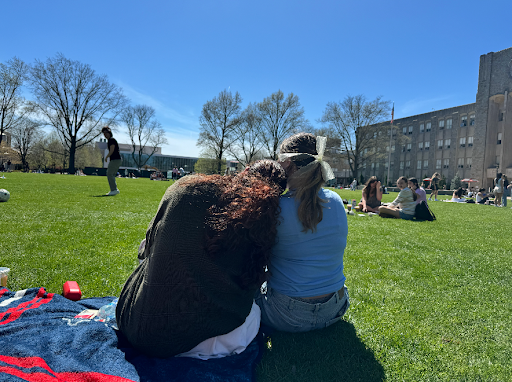
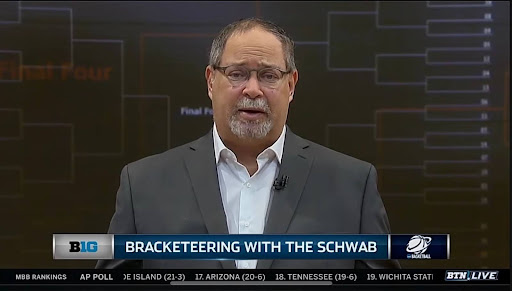

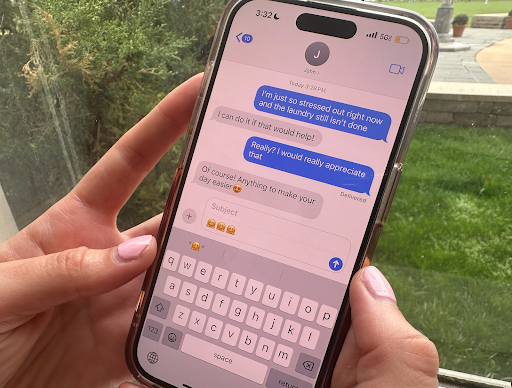
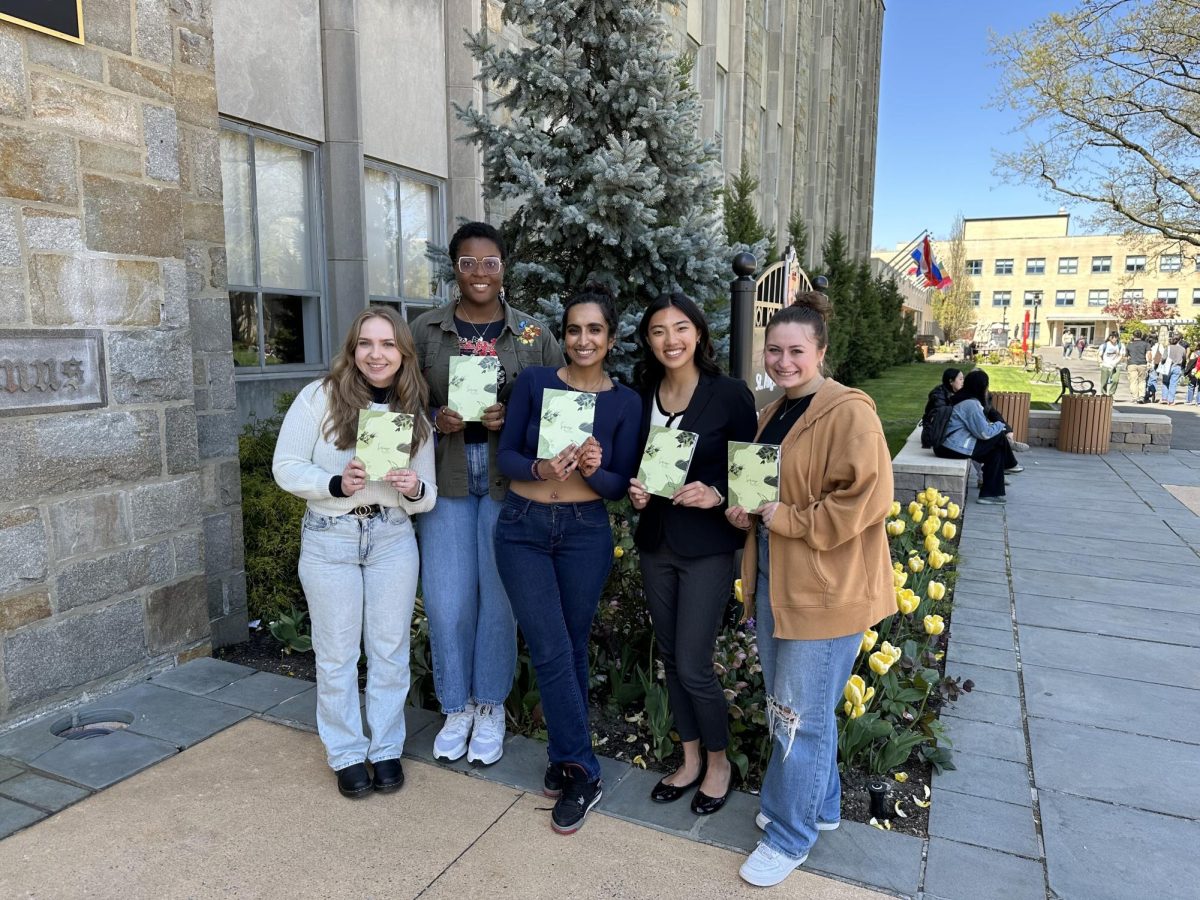
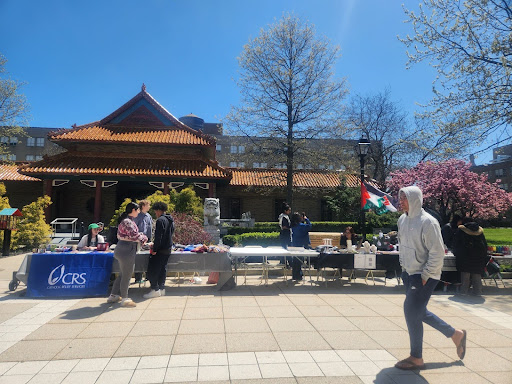






chitra • Apr 26, 2012 at 12:53 pm
The problem is that you cosdnier yourself as a smoker not a non smoker . Don’t know how long you’ve been addicted but it can be so hard to adjust to a non smoking attitude. I know so many people who have told me that its easy, just stop. Unfortunately some of us DON’T find it that easy. There is always an excuse to put off quitting. Try to look at your mental picture of yourself and see you without ciggies in different situations. Then think of ways you could cope/deal with things without the automatic reach for the packet.It may take a few weeks but give it a try. If you need support look at my profile and email me. I’m struggling too but finding i smoke less as i keep on with the above method. No longer terrified of being without and that is a good start.